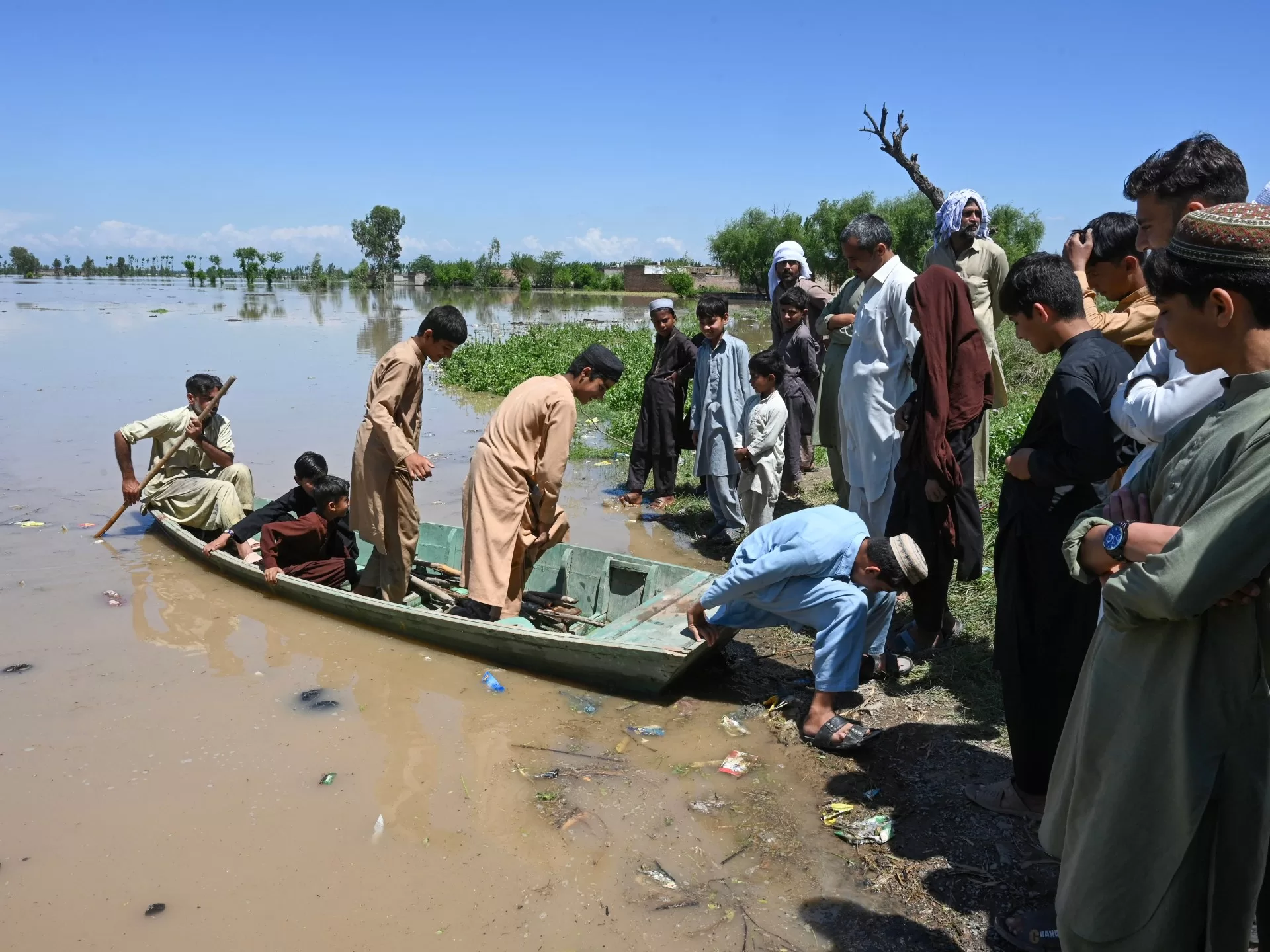At least 144 people died due to the heavy rainfall in April.
April rainfall was recorded at 59.3mm (2.3 inches), “excessively above” the normal average of 22.5mm (0.9 inches), the metrology department said in its monthly climate report released late on Friday.
The highest rainfall was recorded in the southwestern province of Balochistan with 437 percent more than average.
At least 144 people also died in the thunderstorms and house collapses due to heavy rains in April.
The largest death toll was reported in northwestern Khyber Pakhtunkhwa, where 84 people died, including 38 children, and more than 3,500 homes were damaged.
While much of Asia is sweltering due to heatwaves, Pakistan’s national monthly temperature for April was 23.67 degrees Celsius (74.6 degrees Fahrenheit), 0.87C lower than the average of 24.54C, the report added.
“Climate change is a major factor that is influencing the erratic weather patterns in our region,” Zaheer Ahmad Babar, spokesman for the Pakistan Meteorological Department, said of the report.
In 2022, downpours swelled rivers and at one point flooded a third of Pakistan, killing 1,739 people. The floods caused $30bn in damages, from which Pakistan is still trying to rebuild. Balochistan saw rainfall at 590 percent above average that year, while Karachi saw 726 percent more rainfall than usual.
“The flash floods caused extensive damage to vast area of crops, particularly the wheat crop, which was ready for harvest,” the United Nations humanitarian agency OCHA said in a recent report.
“This has resulted in significant economic losses for local farmers and communities, compounding the losses from the rain-related incidents,” it said.
Meanwhile, parts of Pakistan have also been hit by heatwaves and severe air pollution, which experts say are exacerbated by inadequate infrastructure and ineffective governance.
“We are witnessing climate change-related incidents nearly every year now. Yet we are not prepared for it,” environment lawyer and activist Ahmad Rafay Alam told the AFP news agency.
“It is the responsibility of our provincial and federal governments to prioritise climate relief and mitigation measures. However, their focus appears to be primarily on political matters,” Alam added.
